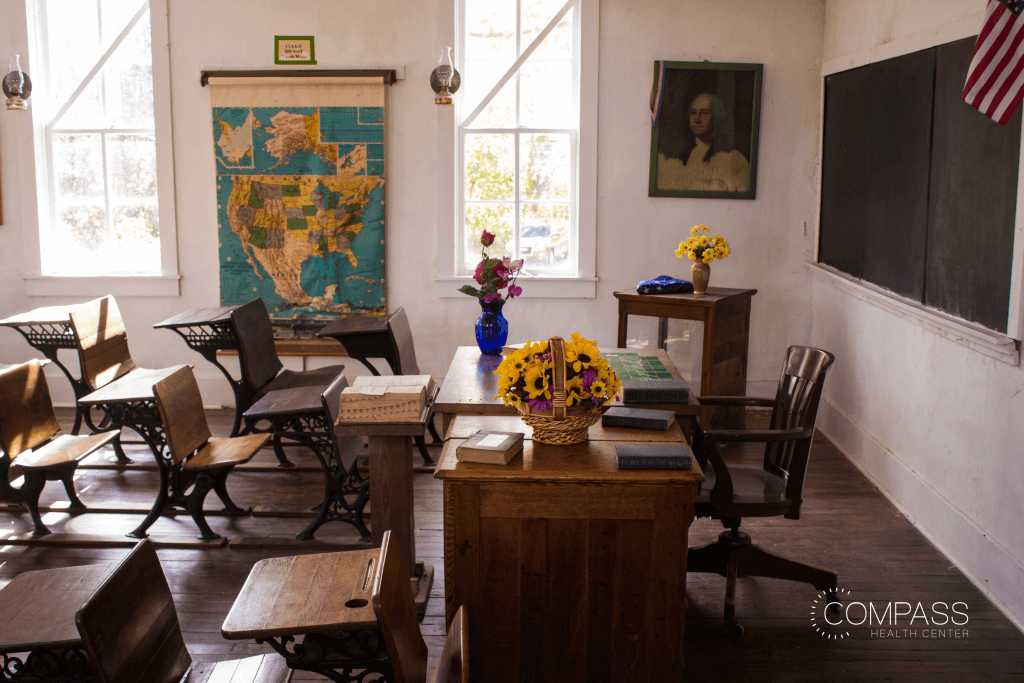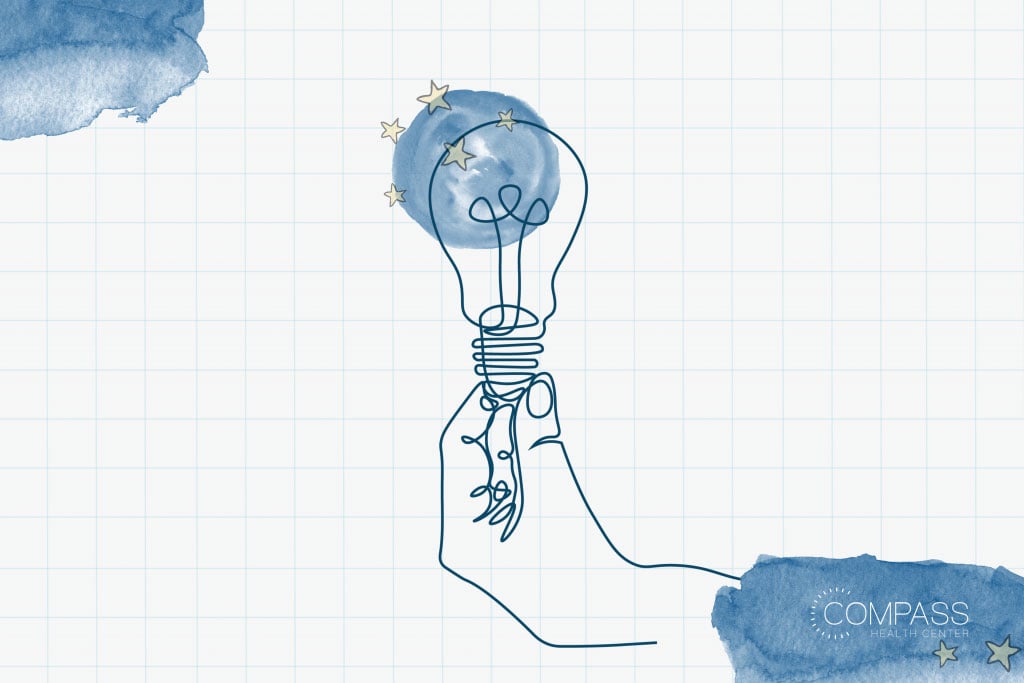With the new school year upon us, students, parents and staff arrive with a sense of excitement and anticipation about what lies ahead. Students and schools continue to evolve and adapt to the ever-changing guidelines related to the COVID-19 pandemic and its impact on our students, their families, and schools. As an educator, your students and their families may look to you for guidance and support this year even more than in the past.

5 Tips to Help Anxious Students Prepare for a New School Year
- Get to know your students. Create a bond with your students by taking the time to learn about each of them as individuals and learners. Prior to or at the very beginning of the year, we recommend teachers send out a survey for students to fill out about themselves. Ask students to share their hopes, goals and concerns for the upcoming school year – ask what their concerns are rather than whether or not they have any. This normalizes for students that everyone has concerns. During the first weeks of school, set up one-on-one time to continue establishing trust and rapport and to talk about what they have shared in their surveys. This provides insight into what motivates the child and how best to engage them. It will also give you an understanding of what extra help the child may need.
- Set up meetings with especially anxious students and their parents before school starts. For those kids who may exhibit more anxiety or behavioral issues, a meeting with the parents and student is recommended. This allows everyone to start the year on the same page and gives that nervous student needed comfort. Tours of halls and rooms are helpful for students who struggle with transitions and adjustments by allowing them to preview what their day will look and to practice how it will feel.
- Lead fun and engaging activities. Getting kids excited about coming to school each day is essential. Prior to the school year, send out an email to each family with the first week’s schedule. Address the email to both the parents and the student. This will help students feel empowered as a part of the process versus that school is “happening to them” and will create buy-in. Highlight and bold the fun activities and encourage parents to go through the email together with their child. This will create a sense of anticipation and ease any apprehension about the unknown for the child. Consider an activity in the first week where students help to “create” a dedicated space in the classroom (bulletin board, hanging decorations, “about me” walls). The goal should be for students to feel at home in this community space. Create community in the classroom by facilitating activities that allow students to get to know one another, build relationships, and have fun together.
- Set your expectations from the beginning. Students will feel less anxious and more comfortable if they understand what is expected of them and what the structure of their day and week will look like. The transition into a new school year is often filled with a sense of uncertainty. Uncertainty increases anxiety and related behaviors. We cannot expect students to meet expectations if they do not have a clear understanding of them. Proactively and clearly communicating expectations will also empower students to set personal and classroom goals and intentions that will set them up to successfully meet expectations. When possible, engage students in co-creating classroom expectations to increase their sense of empowerment and willingness.
- Partner with your students’ mental health team. Identifying when your students need extra support is an integral part of setting students up for success. If your student already has a student support team inside and/or outside of school, make sure you are working together collaboratively to develop a successful transition plan throughout the year. Creating an action plan will provide assurance for both you and your student. Determine consistent meeting times with student support teams to review progress and adjust for needed changes. Compass child program Principal Education Specialist Emily Crane recommends that educators “Check in directly with students about their progress- they often are more self-aware about their feelings and thoughts than we realize.”
A successful start of the new school year is a primary goal for teachers, students, and families. Utilizing the helpful tips outlined above can help that become a reality. The experienced team at Compass Health Center is available for support if needed.




